
Published:
Readtime: 7 min
Every product is carefully selected by our editors and experts. If you buy from a link, we may earn a commission. Learn more. For more information on how we test products, click here.
How are you sleeping? Do you find it hard to get enough shut-eye to ensure you’re operating at full capacity throughout the day? If you answered yes – or stifled a yawn and had to reread the question because you struggled to take it in the first time – you’re not alone. There are many Australians in the same boat. In fact, recent research from ResMed has found that more than one in three Australians (36 per cent) claim to be sleep deprived, meaning they enjoy less than six hours of sleep per night, while almost two in five (38 per cent) rate the sleep they do get as poor or really bad. With almost everyone (89 per cent) recognising that a bad night’s sleep adversely affects them the following day, this is an issue we feel deserves more attention.
Something we often forget is that sleep is the third pillar of wellness, alongside diet and exercise. Although, inexplicably, we seem to take it far less seriously than the other two. For that reason, we sat down with ResMed sleep ambassador and NRL legend Brad Fittler, along with ResMed’s resident sleep physiologist Tim Stephenson, to discuss the importance of sleep and find out what steps Australians can take to improve both the quality and quantity of their sleep.
The Science of Sleep
“To be entirely clear from the outset, we should say that the average adult requires somewhere between seven and nine hours of sleep per night to function properly,” says Stephenson. “While we sleep, many important functions take place that help the body to repair itself, in particular your heart and your blood vessels. Your hormones are balanced by sleep, which may explain why people who don’t get enough sleep are more likely to suffer from conditions like obesity and diabetes.”
Point taken. We certainly don’t want to develop either of those. Fittler is eager to chip in, reinforcing the importance of sleep as a crucial part of what we’ve decided for the purposes of this discussion to think of as a kind of ‘holy trinity of fitness’: “Everyone knows that to be a successful footy player, you need to make sure you’re getting your diet and exercise just right. But sleep is every bit as important as either of those. With almost half of Aussies not getting the sleep they need to be their best, it’s really important we talk about this more.”
Throughout his career, Fittler has led by example when it comes to acknowledging the role sleep plays in ensuring optimum performance. He explains that getting a good night’s sleep before taking the field was always an absolute priority for him, whether he was wearing a Panthers Jersey, a Roosters one, or representing NSW or Australia. And this continued into his post-playing career as a coach as well.
“If I didn’t get a good night’s sleep before a game, I knew my performance would suffer,” he says. “Whether the people around me noticed or not was beside the point. I’d know, which is why I made sleep a priority for my entire playing career.”
Talk to Your GP
For some Australians, achieving a great night’s sleep may require a little more than the discipline that comes with going to bed early, and medical expertise may be required. In fact, a recent report from peer-reviewed medical journal The Lancet suggested almost three million Australians may have some degree of sleep apnea. This is a potentially serious sleep disorder in which breathing repeatedly stops and starts throughout the night, and as many as four in five Aussies living with the condition are doing so undiagnosed.
Stephenson is determined to stress the seriousness of this: “Apnea literally means ‘no breath’ or ‘stopping breathing’. When you have sleep apnea, air stops flowing to your lungs for 10 seconds or longer – that is, you actually stop breathing. This makes your blood oxygen level drop which in turn triggers your brain to wake you up just enough to take a breath. Then you fall back to sleep and the cycle begins again. This can happen more than 30 times every hour and you may not even know it. As you can imagine, constantly being triggered back into breathing, hour after hour, night after night, can put a strain on your body. The next day you may feel tired and wrung out.”
If you consistently wake in the morning to find yourself unrested and find it difficult to get through the day without without feeling lethargic (or downright exhausted) it might be time to talk to a medical professional to find the cause – you may be one of the enormous percentage of Australians living with the condition who are doing so undiagnosed.
As Fittler says, “If four out of every five Aussies with sleep apnea are left undiagnosed, it’s about time we made sure every single one of us knows how to recognise the symptoms in ourselves and in others, so those affected can get the help they need.”
Six Sleep Steps
In addition to checking in with a GP to see how they can help, what steps can Aussies adopt in order to take stock of their sleeping habits and make improvements? According to Stephenson there are a number of behaviours we can cultivate that will dramatically improve our chances of getting the rest we need. Here are his top six steps to improve the quality and quantity of your sleep, which could have numerous positive knock on effects throughout your life:
1. Go to bed and wake up at the same time each day
This consistency will help your body to get used to a sleeping pattern, enabling it to better prepare itself for sleep every night, reducing your chances of lying awake staring at the ceiling.
2. Exercise for at least 20 minutes every day
Even if it’s just a walk, a little exercise can go a long way towards preparing your body for sleep. Just avoid doing it within three hours of your newly consistent bedtime.
3. Avoid alcohol and heavy meals in the evening
This one can be tough to stick to, but it’s definitely worth making the effort as consuming too much food or booze later in the day can definitely disrupt your sleep.
4. Remove work materials, computers and televisions from your bedroom
Free yourself from anything that could detract from your ability to sleep. Your bedroom is not a work zone. For that matter, if you’re able, it’s even beneficial to leave your smartphone outside the bedroom too.
5. Sleep on a comfortable mattress and pillows.
This one seems like a no-brainer, but some people don’t even realise the damage their mattress and pillows are having on their sleep. Replacing them can be pricey, but a good mattress and pillows are an investment worth making.
6. Use light to help manage your circadian rhythms
Ensure you’re exposed to dim light/darkness in the evening and bright light in the morning as this will work with the natural rhythms our bodies developed over millennia, before that new-fangled electricity thing was invented.
Start Your Sleep Journey
By talking to your GP and putting these six steps in place, you’re giving yourself the best shot at achieving consistently good sleep. And that, as we all know by now, is a truly invaluable thing.
Perhaps unsurprisingly, Fittler sums it up best: “It doesn’t matter whether you’re a footy player, a tradie, you sit at a desk in an office, or you’ve got your own business working from home, every Australian needs the right amount of sleep in order to kick goals, whether metaphorically or literally.”
To find out more about how you sleep, click the link below and take a free online assessment at ResMed.com.au.

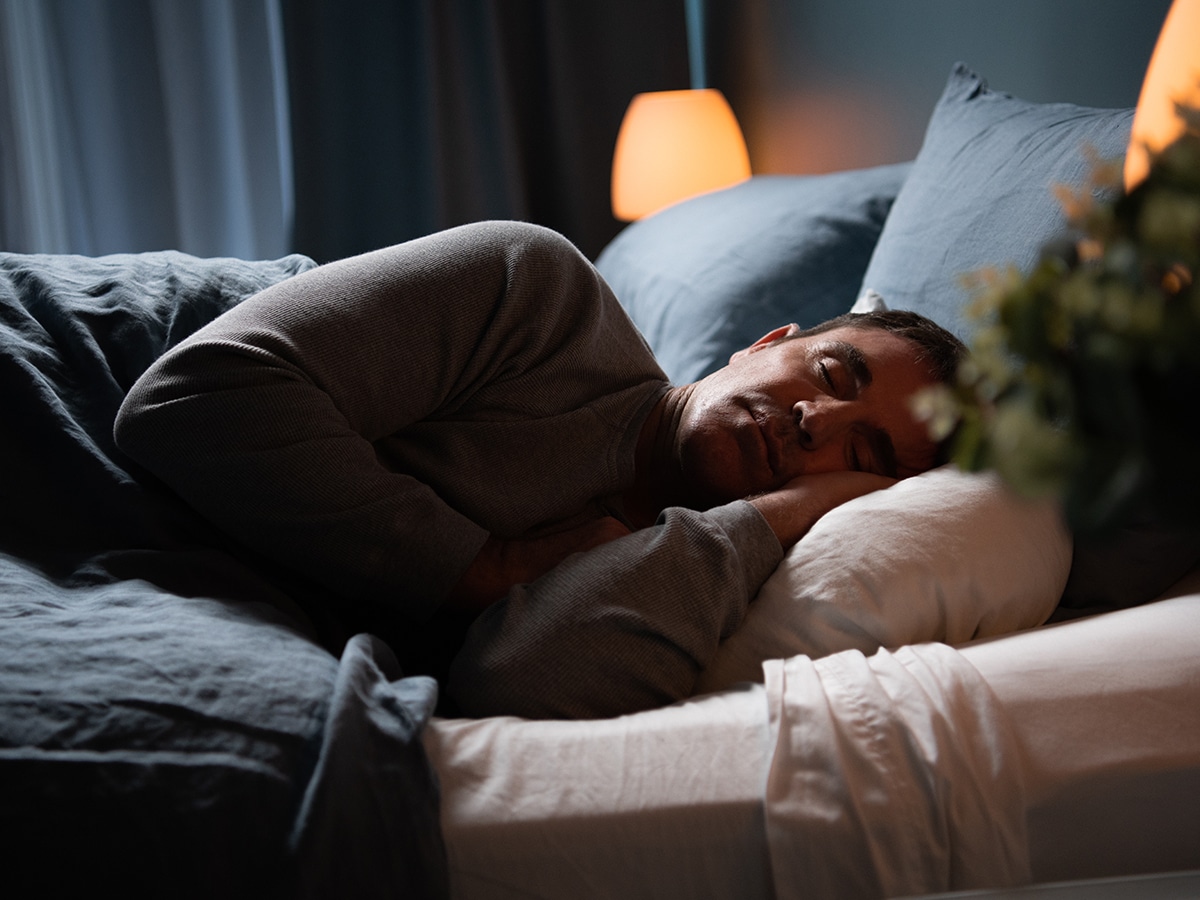


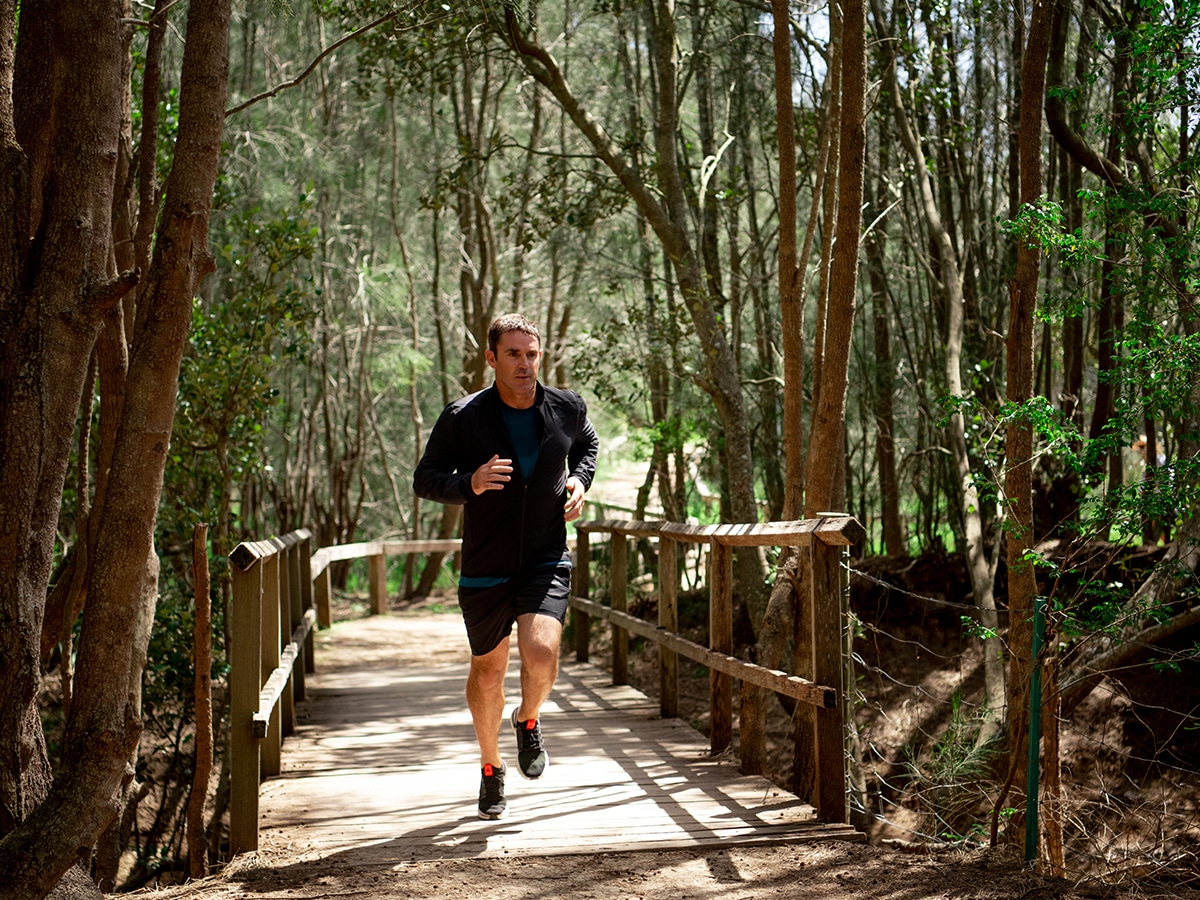





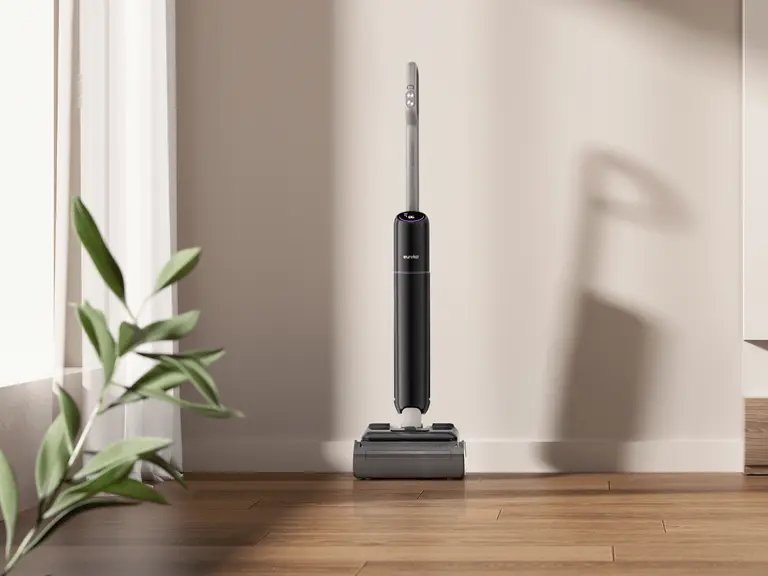
















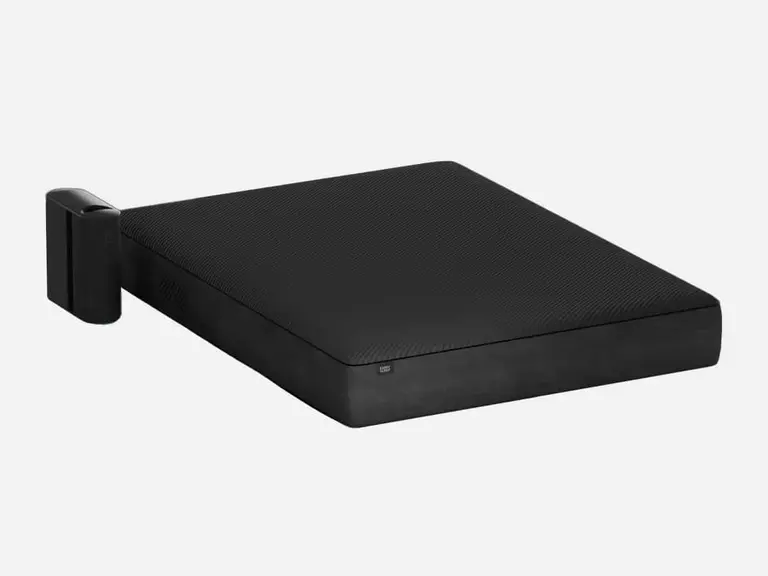



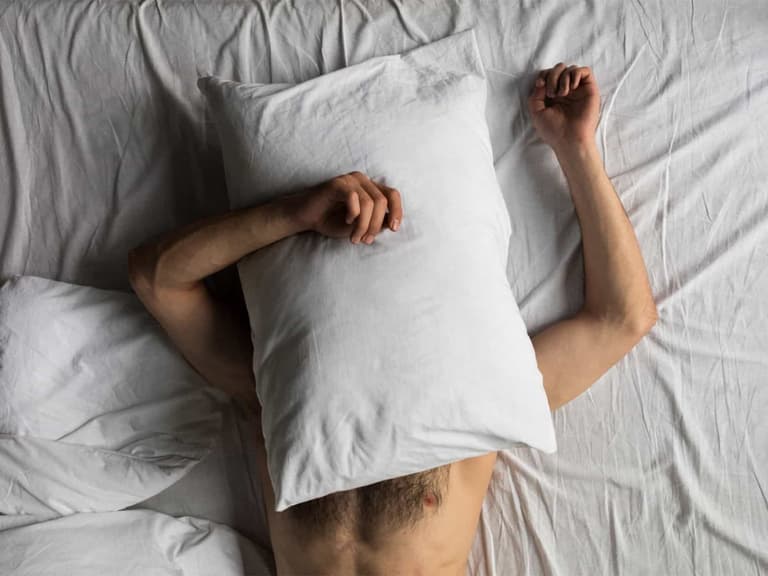


Comments
We love hearing from you. or to leave a comment.